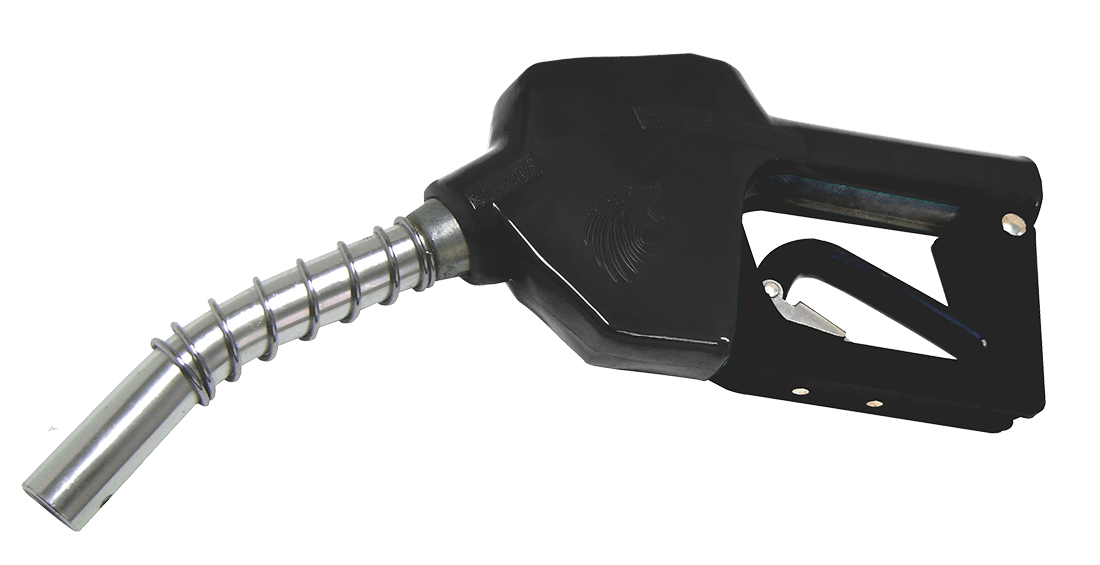Unlocking the Mysteries of Fuel Pumps: AC, DC, and Manual
Embark on a journey with WolfLube, your trusted expert in the world of fuel management solutions, as we delve into the heart of fuel transfer technologies. Today’s exploration unravels the complexities surrounding the different types of fuel pumps available in the market: AC, DC, and Manual. This comprehensive guide aims to illuminate the key characteristics, benefits, and unique aspects of each pump type, equipping you with the knowledge to make an informed decision tailored to your specific needs.
The Essence of Fuel Pumps
Fuel pumps are critical components in the fuel supply chain, responsible for transporting fuel from one location to another. They are the lifelines for a vast array of industries, powering everything from vehicles to heating systems. Yet, not all fuel pumps are created equally. The distinction between AC, DC, and Manual fuel pumps comes down to power source, use case, and operational efficiency.
AC Fuel Pumps: Power and Reliability
AC (Alternating Current) fuel pumps stand out for their reliance on a stable, constant power source. Predominantly used in stationary applications where power is readily available, these pumps are ideal for fueling stations, bulk fuel transfer, and emergency backup systems. WolfLube highlights the following unique features:
- High Transfer Rates: AC pumps can move fuel quickly, making them suitable for high-volume needs.
- Continuous Operation: Designed for prolonged use, they can handle extensive run times without overheating.
- Robust Construction: Built to last, their sturdy design ensures longevity and reliability.
DC Fuel Pumps: Flexibility and Mobility
DC (Direct Current) fuel pumps offer unparalleled flexibility and portability, powered by batteries or vehicle power supplies. These pumps are the go-to choice for mobile applications, including agriculture, construction sites, and marine environments. WolfLube is proud to underscore their advantages:
- Versatile Power Options: Operate on various DC power sources, enabling use in remote locations.
- Portability: Compact and lightweight, they can be easily transported to where they’re most needed.
- Efficiency: Optimized for on-demand use, minimizing energy consumption and operational costs.
Manual Fuel Pumps: Simplicity and Control
In situations where electrical power is not an option, manual fuel pumps shine through their simplicity and direct control. Perfect for emergency use, small-scale operations, and when precision fuel transfer is required, these pumps encapsulate the essence of mechanical ingenuity. With WolfLube, discover their unique features:
- Independence from Power Sources: No electricity needed, offering unparalleled flexibility and independence.
- User Control: The operator can control the speed and amount of fuel transferred, enhancing precision.
- Durability: Lacking complex electronic components, they are rugged and less prone to failure.
The WolfLube Advantage
At WolfLube, we take pride in guiding our customers through the maze of fuel pump technologies. Our commitment to quality, innovation, and customer satisfaction ensures that each product not only meets but exceeds industry standards. Whether you’re seeking the relentless power of an AC pump, the adaptability of a DC pump, or the straightforward efficiency of a manual pump, WolfLube is here to illuminate your path.
Understanding the key differences between these pump types is more than an academic exercise; it’s about making choices that directly impact your operational efficiency, cost-effectiveness, and environmental sustainability. Let WolfLube be your guide in making an informed decision that aligns with your specific needs and challenges.
Embark On Your Journey with WolfLube
In the wilderness of fuel management and transfer solutions, WolfLube stands as a beacon of expertise and reliability. Our comprehensive guide to AC, DC, and Manual fuel pumps is just the beginning. Dive deeper, explore further, and transform your operational capabilities with tailored solutions from WolfLube. Your journey towards optimized fuel management starts here.




Leave a comment
Your email address will not be published. Required fields are marked *